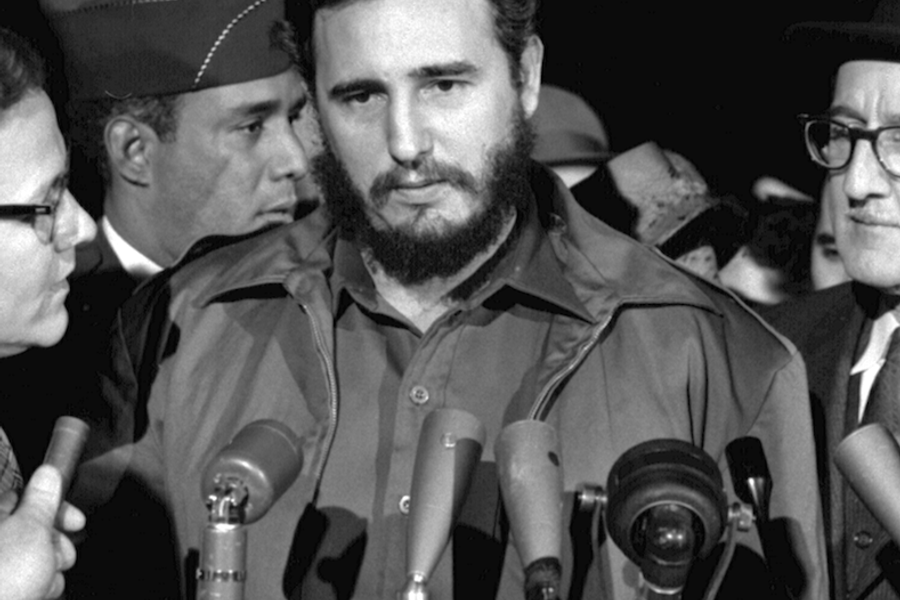How Castro is Like the Minimum Wage
How many people did Castro murder? The authoritative Black Book of Communism blames him for 15-17,000 executions. More speculative estimates put the blood of another 80,000 Cubans on his hands – everyone who perished trying to flee his doleful paradise. And the man was guilty of many other evils.
Still, by the bloody standards of Communist dictators, Castro’s rule was mild. Castro’s Cuba doesn’t even look like the biggest charnel house in modern Latin America. The Guatemalan Civil War (1960-1996) probably claimed more innocent lives. Indeed, multiple U.S. Presidents have killed more civilians than Castro – though of course they had the power to murder vastly more. Why then should we dwell on the horrors of Castroism – or make a point of dancing on Fidel’s grave?
Here’s why: Because Castro is a symbol of larger evils – evils that claimed many millions of lives – and could do so again. Castro symbolizes the idea that backwards countries can and should take the following path to modernity:
1. Wage civil war by any means necessary to overthrow existing regimes.
2. After victorious civil war, hand total power over to Marxist intellectuals.
3. Cheer while these Marxist leaders expropriate business, expel foreign investors, and try to run the whole economy.
4. Use this centralized economy to build up a mighty military.
5. Deploy this military (and military-industrial complex) to help Marxist intellectuals in other countries copy your path to modernity.
Any person of common sense would have foreseen the fruits of this demented recipe: mass murder, slavery, war, famine, and poverty. But common sense is, alas, not so common. The horrific Marxist-Leninist “experiment” spread from Russia to Eastern Europe, China, southeast Asia, Africa, and Castro’s own Latin America. And while most of these regimes were far worse than Cuba, Castro did great evil – and continues to do evil – by charismatically inspiring sympathy for this psychopathic path to a glorious future.
In my mind, then, Castro is a lot like the minimum wage: something we must stubbornly decry even though there are far greater ills in the world. My words:
The minimum wage is far from the most harmful regulation on the books. Why then do I make such a big deal about it? Because it is a symbol of larger evils.
From the standpoint of public policy, the minimum wage is a symbol of the view that “feel-good” policies are viable solutions to social ills: “Workers aren’t paid enough? Pass a law so employers have to pay them more. Problem solved.”…
We need to get rid of the minimum wage. But that’s only a first step. Our ultimate goal should be to get rid of the errors that the minimum wage has come to represent.
We need to get rid of all sympathy for Castro. But that, too, is only a first step. Our ultimate goal should be to get rid of the errors that Castro has come to represent. Castro was a villain straight out of 1984. And in a just world, Orwell’s words would adorn his tombstone:
One does not establish a dictatorship in order to safeguard a revolution; one makes the revolution in order to establish the dictatorship.
The post appeared first on Econlib.


